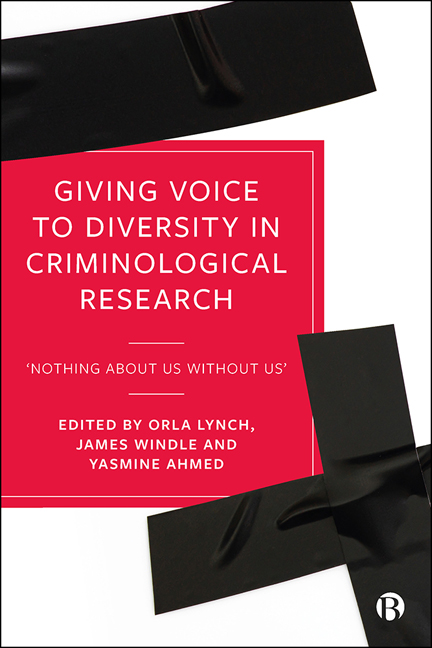8 - An Autobiographical Account of Desistance and Recovery
Published online by Cambridge University Press: 13 May 2022
Summary
Weaver and Weaver (2013: 273) have argued that unbroken autobiographical narratives of desistance can ‘inform’ the desistance literature, especially when connected to existing theory and research. In keeping with ‘nothing about us without us’, these analyzed autobiographical narratives provide knowledge of use to policymakers and practitioners (Weaver & Weaver, 2013). The first half of this chapter will present my own experiences of childhood, offending, drug use, desistance, and recovery. The second half of the chapter uses criminological theories to explore my experiences.
My story
I grew up on the north side of Cork City, which had many wonderful people but a lot of social problems (see Cambridge, 2019; Leonard & Windle, 2020). While I enjoyed primary school, my report cards can be summarized in one line: ‘Bright but needs to apply himself more’. Secondary school was a nightmare! Towards the end of primary school my father had been sentenced to seven years for a drugs offence. By the time I started secondary school, when I was almost 13, I was hurt and angry.
The secondary school was an all-boys Christian Brother college and I hated it. Full disclosure, I was a difficult pupil. I had poor concentration, little interest in most of the subjects, and was a class clown. My Irish teacher called me a ‘thug’ and a ‘scut’, harsh terms to call a child messing in class. There were about eight people in my class who were the misfits, a collection of the children with the most adverse childhood experiences, but in a school that was anything but trauma informed, we were categorized as those who either could not or did not want to learn. I could not identify with the teachers who were, to me, ‘outsiders’ whose rules I did not adhere to. My secondary schools’ reports can be summarized as either ‘Very talkative and disruptive in class’ or ‘Has plenty of ability but does not use it’.
My grades in secondary school were shockingly bad too, and they reflected my state of mind at the time. That said, I once got 85 per cent for English and 20 per cent for Irish, although both teachers wrote ‘Very talkative and disruptive in class’ on my annual report. These ‘copy and paste’ comments were really disheartening and did nothing to motivate or encourage me.
- Type
- Chapter
- Information
- Giving Voice to Diversity in Criminological Research‘Nothing about Us without Us’, pp. 149 - 158Publisher: Bristol University PressPrint publication year: 2021



